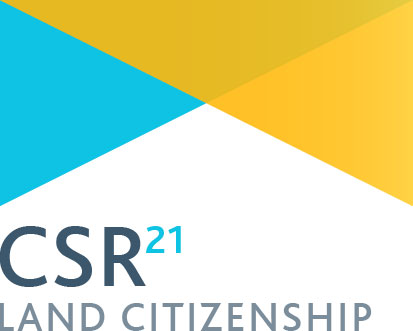
U.S. Financial Reform Bill also Targets 'Conflict Minerals' from Congo
The passage, tucked into the bill's "Miscellaneous Provisions," will require thousands of U.S. companies to disclose what steps they are taking to ensure that their products, including laptops, cellphones and medical devices, don't contain "conflict minerals" from the Democratic Republic of the Congo. The sale of such minerals has fueled a nearly 15-year war that has been marked by a horrific epidemic of sexual violence.
The issue of "conflict minerals" was barely mentioned during congressional debate on the Wall Street bill. But it has attracted growing concern from an unlikely alliance of conservatives and liberals -- from Sen. Sam Brownback ((R-Kan.) to feminist Eve Ensler, author of "The Vagina Monologues." Activists hope to ultimately see an international system for curbing the trade, such as the one that has slowed the sale of "blood diamonds" from West Africa.
"This is one of those issues that is below the radar for about 99.9 percent of Americans. . . . Everyone has their cellphone up against their ear, nobody is thinking of Congo or conflict minerals. But everybody's got some, potentially, right next to their ear," said Rep. Jim McDermott (D-Wash.), speaking recently at the Center for American Progress.
Although little noticed by the public, the provision in the regulatory bill could have a broad impact. It applies not only to electronics companies, which are major users of Congolese tantalum, but also to all publicly traded U.S. firms that use tin and gold.
"This is a law that is going to affect virtually the entire U.S. manufacturing sector," said Rick Goss, vice president of environment at the Information Technology Industry Council.
Charting new territory
Congo "conflict minerals" law is the first of its kind in the world, Goss said. European governments are pondering similar steps, even as U.S. officials and industry experts caution that the murky nature of the conflict makes it difficult to trace the minerals.
The war in Congo began after the 1994 genocide in neighboring Rwanda, which sent streams of militiamen across the border. An estimated 5 million people have died since in mineral-rich eastern Congo, in one of the bloodiest conflicts since World War II. Hundreds of thousands of women have been sexually assaulted in what U.N. envoy Margot Wallstrom referred to in April as the world's "rape capital."
Congolese activists, U.N. experts and nongovernmental groups have become increasingly concerned that armed Congolese groups are financing themselves with minerals such as gold and the "three T's" -- tin, tungsten and tantalum. The minerals are extracted from remote Congolese mines and smuggled to neighboring countries.
Congo is the source for an estimated one-fifth of the world's tantalum, as well as smaller percentages of the other three minerals.
During her trip to Congo last year, in which she held an emotional meeting with rape victims, Secretary of State Hillary Rodham Clinton called for greater international action to stem the flow of the minerals.
The issue got tied to the financial reform bill largely because of Brownback, who had previously introduced legislation on "conflict minerals." He sought to attach an amendment to the bill, and Sen. Christopher J. Dodd (D-Conn), chairman of the banking committee, supported it, congressional staff said. In the end, Brownback voted against the overall bill, but his amendment survived.
The new law requires American companies to submit an annual report to the Securities and Exchange Commission disclosing whether their products contain gold, tin, tungsten or tantalum from Congo or adjacent countries. If so, they have to describe what measures they are taking to trace the minerals' origin.
The law does not impose any penalty on companies who report taking no action. But the disclosures must be made publicly on firms' Web sites.





